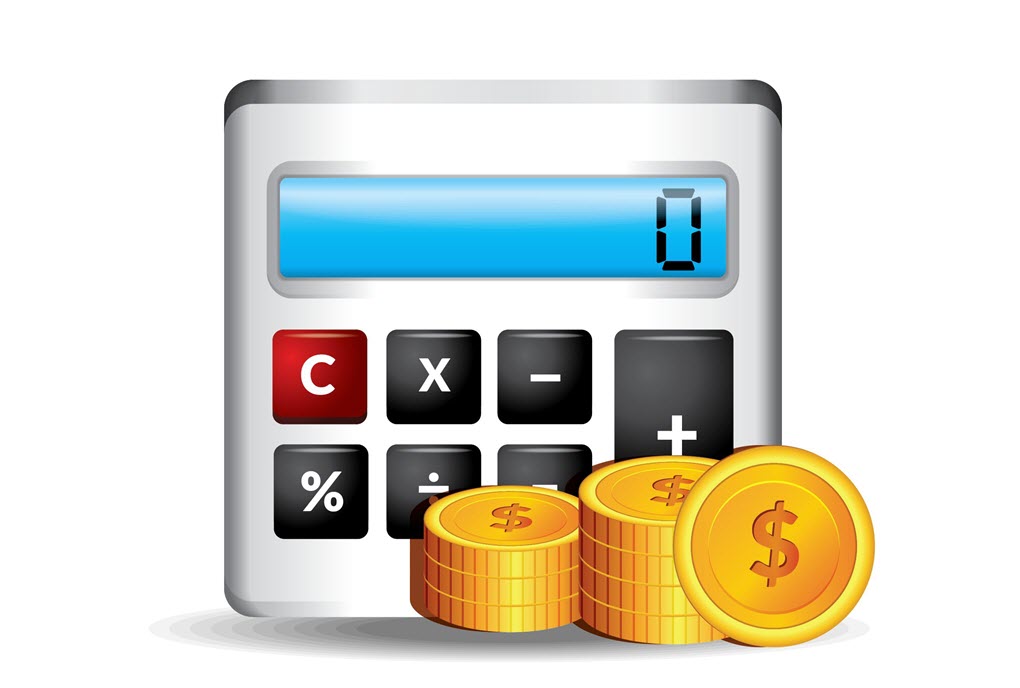It's no secret that coaching isn't a highly lucrative business to be in. I haven't met a coach yet who started a coaching business for the money. That's a good thing in many ways because almost all of the coaches I've spoken to about their businesses are very passionate and love what they do.
Just because you love what you do doesn't mean you shouldn't be paid what you are worth.
I'm 100% confident that most coaches should be earning more than what they currently are.
Although there is definitely scope for increasing your coaching revenue substantially through different business models and products and services, the more immediate problem of charging too little is much easier to resolve.
Here is a bunch of reasons why coaches don't charge more for their services.
Assuming clients don't have the money to sustain higher prices
A great quote I heard the other day.
"There is no shortage of money on this planet, only a shortage of people thinking big enough." - Grant Cardone
There is no reason why you can't get a bigger share of that money out there. I'm not talking about being greedy, just earning what you deserve.
Not all of your clients will be able to afford higher prices but most of them will. How often have you heard a client complaining about money, and then drop 2k on a new set of race wheels for their bike? It's more about priorities for most clients not cost. It's your job to convince them what their priorities should be.
Underestimating the value of knowledge and experience
Sometimes we forget how much we know and how much we've learnt. I have a bad habit myself of not considering all the work I've put into developing my skills around marketing and technology. I've spent literally thousands and thousands of hours learning but for some reason I always feel bad about charging for my time helping others. I have to remind myself that knowledge and experience is worth a lot.
How much time have you spent learning the finer points of coaching? It's easy to forget that 99% of the population don't have any knowledge about coaching at all. Even the simplest thing that is common knowledge to you could be revolutionary to your clients.
Not considering all costs when calculating pricing.
There are a lot of expenses and costs when operating any business. I get the feeling that coaches don't consider all of these when determining how much they should be charging their clients.
Here's just a few you might not be including;
obviously these can't all be 100% passed on to the client but they should all be considered.
- Travel costs for meetings
- Continuing education and research
- Qualifications and certifications eg Training Peaks University
- Software subscriptions eg. Training Tilt, Training Peaks, Google Apps etc.
- Equipment and materials
- Telephone and Skype calls
- Indemnity and general insurances
- Payment delays (when clients don't pay when they should)
- Time (probably your single biggest expense)
- Opportunity cost (what could you be earning in a normal 9-5 job?)
Neglecting to track time spent on a client
Time is probably the single biggest expense when providing coaching services but have you ever sat down and calculated the time per month you spend on each individual client? And if you have what does your hourly rate look like?
Think about the example of the legal profession. Lawyers make every minute count (6 minutes actually) and they charge for it. It's not realistic to charge your coaching clients for every 6 minutes of time you spend on them but you should definitely be keeping track of your time.
Fear of being criticized by clients and peers
This is very common and not just in the coaching business. I've said it before but you will always be criticized if you become successful with anything you do in life or in business. Criticism is part of being successful, you just need to learn to deal with it.
Fear of losing clients to lower priced competitors
There will always be someone charging less than you do, don't worry about it. In general, lower prices attract lower quality clients who are less likely to appreciate your services and achieve results anyway. The less of these clients you have the better. You can read more about my thoughts on the subject of value vs price here.
Basing pricing on what the coach would be prepared to pay
This is another common reason. Coaches put their price at a point that they would be prepared to pay for the service. It can be uncomfortable for the coach to charge more than they would be prepared to pay themselves.
The problem with this is that you are not your own target market. What you would pay for your own service is often irrelevant as your target market is likely to be in an entirely different demographic. They will have different income levels, different goals and aspirations and an entirely different perspective. Bottom line, don't base your pricing on what you'd be prepared to pay.
Conclusion
It's very easy to undercharge and you end up making a rod for your own back. If your prices are too low the only way to earn more money is to put in more time and it can become a vicious cycle.
- Put some time into calculating your true costs
- Don't worry about losing some clients who aren't willing to pay what you are worth, in most cases you will be better off without them
- Put your own feelings aside when setting your prices
- Don't worry about what people will say or think about you, it's a waste of precious energy.
- Don't underestimate the extent and value of your own knowledge and experience.
If you need help with the technology and the knowledge to grow your coaching business get in touch or visit Training Tilt to sign up for a trial of our coaching, community and e-commerce platform. We are helping hundreds of coaches around the world reach their business and lifestyle goals.
Take our Free "Authentic" Marketing Course for Coaches
Designed for endurance sport coaches. Marketing doesn't need to be pushy. The best marketing simply creates a win-win relationship between you and your customers. Take the simple 6 part course to learn more.

















